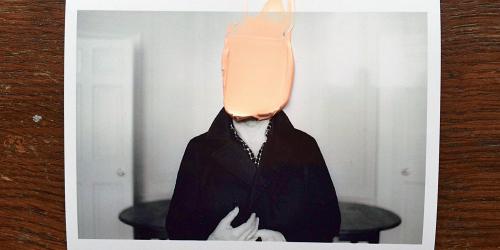On Thursday, March 5, at the Café Le Moliere (Paris, 6th), Fadila Mehal was both anxious and moved for the launch of " Marianne (s) ", published under her direction. The councilor of the 18th arrondissement of Paris is the founder of the Marianne de la Diversité , an association created in the aftermath of the 2005 suburban riots, whose vocation is to make women of diversity more visible in France. This book is somewhat his own, but not only. With five regional branches, the movement unites dozens of women in France.
Thirteen of them, born of immigrant parents, agreed to tell their story and their struggle for the emancipation of women: "It is important to make the junction between emblematic figures that have marked French history and their heirs" , stresses Fadila Mehal. Marie Curie, Elsa Triolet, Nina Ricci, Antoinette Fouque ... All daughters of immigrant parents, each in their own way, left an indelible imprint in France. "Women's words must connect and link past and present," insists Fadila Mehal, taking the opportunity to send a message to younger generations: "Women's rights are not acquired. See, for example, Poland and the question of abortion ... we must continue to fight, to demand new rights. "
"DERACINATED" MOTHER HERITERS
"To have no roots, to be a cut plant, it is always suspect," ironises Fatima Besnaci-Lancou, repeating the words of Elsa Triolet. One after the other, the Marianne present in the book parade on the microphone, briefly sharing a part of their story. Among them, many say that their mothers, born elsewhere, have constantly encouraged them to study: "My mother is actually a feminist who is unaware. She quickly understood the stakes of the school, "says Fatima Besnaci-Lancou, also author of" Daughter of Harki ", released in 2003. Senator Bariza Khiari of Paris explains that because their ancestors were" triple-dominated " because they came from the colonial world, from the underprivileged class and from the "weak sex", and they were strongly encouraged to become "the only guarantee of autonomy" for these mothers.
For Bariza Khiari, "the fight against discrimination is inseparable from the fight against sexism". Throughout the pages, these women explain how they have confronted obstacles and barred the way to prejudices. "Napoleon said:" Men on the perch, women at the wash-house "... Now we have to take the perch! "Concluded Fatima Massau, departmental delegate of the MoDem. In the tradition of feminist pioneers, these diverse and plural citizens have managed to impose themselves in France. Thus, thanks to those who preceded them, they are aware of it: "We are heirs," Bariza Khiari said loudly.
"Marianne (s), Women and Diversity in the Republic", Editions de l'Atelier , 25 €.



